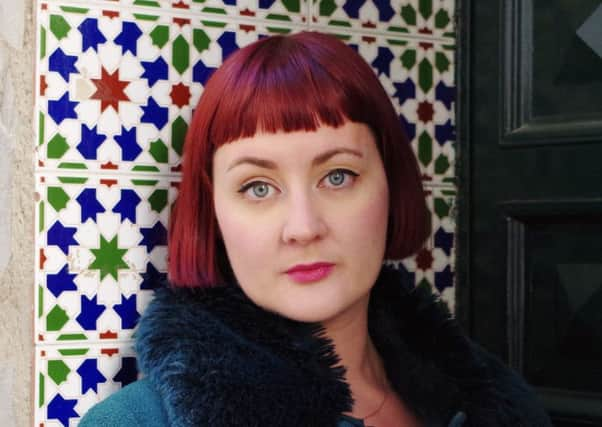Book review: Things We Say in the Dark, by Kirsty Logan


Attempting this kind of structural cleverness is – to put it mildly – a bit of a gamble. Some readers might find it jarring; to others, it might feel like authorial over-sharing. In the end though, I think Logan pulls it off, and in such a way that it ultimately enhances the chilling atmosphere conjured up by the stories rather than detracting from it.
In her second aside to the reader, the author tells us that, with this book, she felt “ready to write about my fears.” Some of the stories that follow are unsettling enough if you’re reading them in a busy, well-lit cafe; the idea of being all alone with them in a remote Icelandic cabin doesn’t bear thinking about.
Advertisement
Hide AdThe book is divided into three roughly equal sections: The House, The Child and The Past. In the first, the stories are all variations on the well-worn haunted house theme – as the author observes, “our homes are a site of endless terror.” This being Logan, however, any tropes are thoroughly trampled. In “Things My Wife and I Found Hidden in Our House,” a sense of dread slowly builds as increasingly sinister objects come to light and their true significance becomes evident, and there’s a similarly gradual, queasy reveal in “My House is Out Where the Lights End” in which a daughter returns to her childhood home and begins to wonder whether her father was really who she thought he was, or someone else entirely. In many of the stories in this collection there’s a sense of the author trying out different ideas, seeing how far she can stretch them before they go snap, and this sense of playful experimentation also extends to her use of language. I could fill the rest of this review with the unlikely-yet-elegant turns of phrase I underlined as I read, but I particularly enjoyed a scene on a night bus “with city lights swooping yolky past the window” and the idea that somebody who had been talking to themselves for a long time would find their words “had turned to slush and mutter.”
In the book’s second section, The Child, things turn visceral (and they were getting pretty visceral already) as Logan conflates the fear of childbirth with full-on body horror. “In My Body Cannot Forget Your Body,” a baby tries to escape from a split in her mother’s belly. The doctors stitch up the split, but still the baby fights to get out. In “Good Good Good, Nice Nice Nice,” meanwhile, we visit a futuristic fish-farm where babies are grown in shark eggs; the act of childbirth may have been outsourced, but the story is no less horrific for that.
Anyway, never mind the future, because in the book’s final section, The Past, things get really dark. Here, the author says, she is going to “wander through the lush gardens of my childhood” and get “calmly and sweetly and woozily lost in the maze of memory” but don’t be fooled: there’s absolutely nothing innocent or idyllic about what follows. Roger Cox
Things We Say in the Dark, by Kirsty Logan, Harvill Secker, 226pp, £12.99